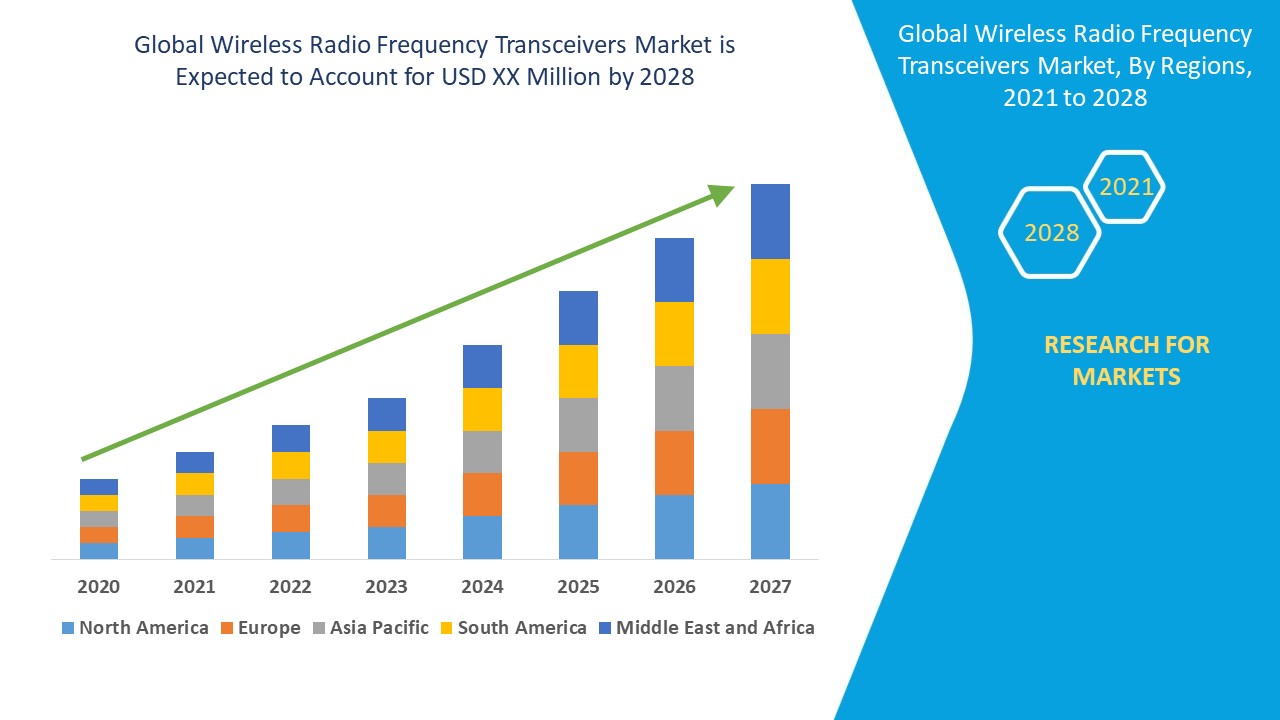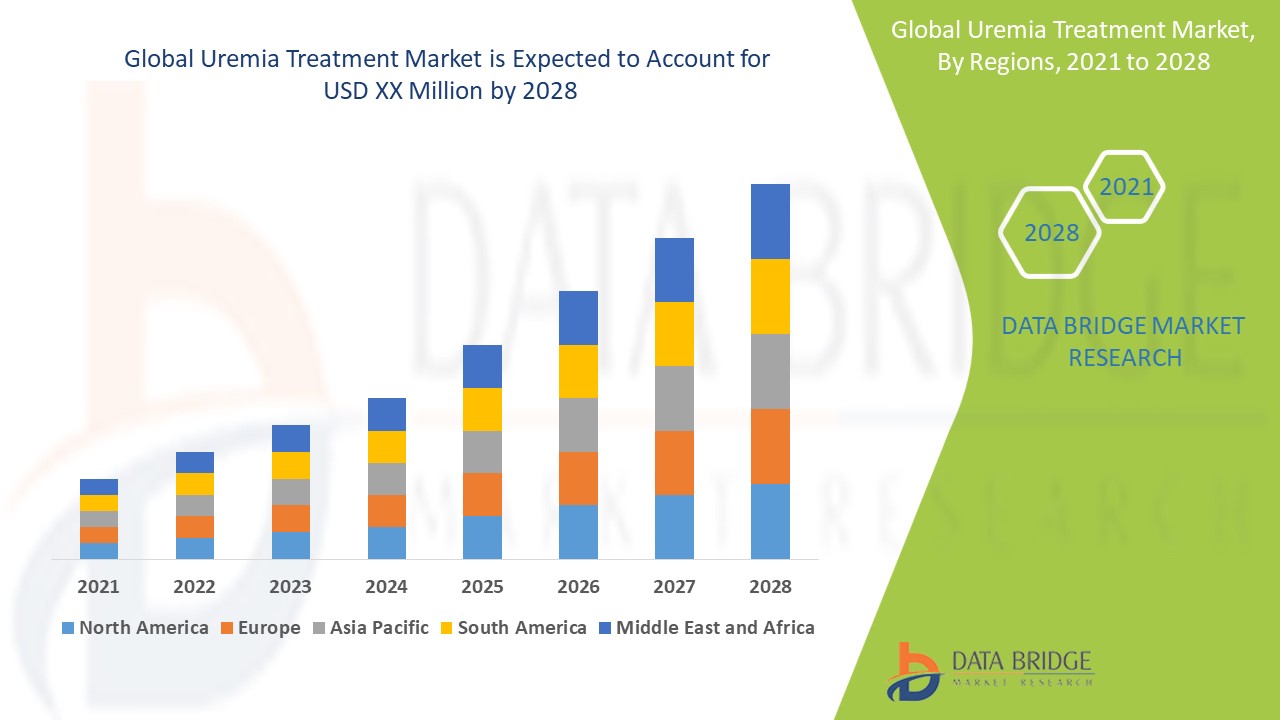The Ultimate Guide to Crawlability & Indexability: Building a Search-Engine Friendly Website
Strong SEO begins with ensuring your site is crawlable and indexable by search engines. This guide outlines a comprehensive technical SEO audit covering: Crawlability: Ensure search engines can access your content by fixing errors in robots.txt, unblocking essential assets, and using clean, concise URLs. Indexability: Prevent issues like noindex tags, orphaned pages, and improper redirects that hinder search engines from indexing your pages. Internal Linking & Redirects: Fix broken links, avoid redirect chains, and maintain a logical internal link structure to improve crawl depth and user experience. Sitemaps: Keep your sitemap clean, up-to-date, and properly referenced in robots.txt. On-Page SEO: Optimize titles, headings, and meta descriptions; eliminate duplicate content; and ensure content is user-focused and well-structured. Technical SEO: Improve site speed, minimize CSS/JS bloat, and pass Core Web Vitals. Secure your site with HTTPS and fix mixed content issues. Mobile Readiness: Ensure mobile-friendly design, valid AMP pages, and proper viewport settings. International SEO: Implement and validate hreflang tags, language attributes, and encoding settings for multilingual sites.

Achieving strong search engine visibility isnt just about content or backlinksit begins at the foundation. If your site cant be discovered, crawled, and indexed properly by search engines, all your other SEO efforts may fall flat. Thats why technical SEO elements like crawlability and indexability are non-negotiable in a successful digital strategy.
This comprehensive guide breaks down the most crucial components of a modern SEO auditfrom robots.txt and site structure to on-page optimization and international SEO. Whether you're troubleshooting crawl blocks or fine-tuning page speed, this roadmap helps you cover every base.
? What Are Crawlability and Indexability?
-
Crawlability refers to a search engines ability to access and navigate your website content.
-
Indexability refers to whether the pages crawled can be added to a search engines index and shown in results.
Search engines use bots like Googlebot to crawl the web. If your site has technical barriers, your content might be invisibleeven if it's valuable.
? Crawlability Checklist
1. Robots.txt File
Your robots.txt file tells crawlers what they can and cannot access.
Common Issues:
-
? Format errors in the file
-
? Blocked internal or external resources
-
? Robots.txt file missing
-
? Pages blocked with
X-Robots-Tag: noindexin HTTP header
Fix It:
Use a validator tool like Google Search Consoles Robots.txt Tester. Ensure important assets (JS, CSS) aren't blocked.
2. URL Structure
Your URLs should be easy for both users and bots to understand.
Watch for:
-
? Malformed links or underscores
-
? Excessive parameters or URL length
-
? Best Practices:
-
Use hyphens instead of underscores
-
Keep URLs concise, descriptive, and keyword-friendly
-
Avoid repetition and keyword stuffing
-
? Internal Linking & Site Architecture
3. Link Health
Broken links damage user experience and crawl flow.
-
? Broken internal/external links
-
? Nofollow internal links
-
? Pages needing >3 clicks to reach
Recommendations:
-
? Identify orphan pages (pages with no internal links)
-
? Use descriptive anchor text
-
? Fix redirects and avoid loops or chains
-
? Place links in prominent, visible positions
4. Redirect Strategy
Poor redirect practices create dead ends.
-
? 4XX/5XX errors
-
? Redirect loops or meta refresh tags
-
? Temporary redirects instead of 301s
-
? Canonical tag conflicts
Tips:
-
Use permanent (301) redirects for moved content
-
Avoid multiple redirect hops
-
Check canonical tags are clean and point to a single version
? Sitemap Optimization
Your sitemap tells search engines what pages to crawl.
-
? Format or content errors
-
? Sitemap not declared in robots.txt
-
? Orphaned or unnecessary URLs
Tip: Keep sitemap files under 50MB and 50,000 URLs. Submit it in Google Search Console and ensure it's up to date.
? On-Page SEO Essentials
5. Page Title & Meta Description
-
? Short, unique, compelling
-
? Includes target keyword near the front
-
? Avoid duplicates and over-optimization
6. Content Quality
-
? Use bullet points, headings, and plain language
-
? Add a table of contents for long posts
-
? Address user pain points and intent
-
? Avoid keyword stuffing or plagiarism
-
? Add clear CTAs
7. Heading Hierarchy (H1H6)
-
? Only one H1 per page
-
? H2H6 should support and segment content
-
? Include relevant long-tail keywords
? Image & Media Optimization
-
? Broken image links
-
? Missing alt text
-
? Alt tags should be descriptive and keyword-relevant
-
? Compress large images to improve page speed
?? Technical SEO: Site Performance & Core Web Vitals
8. Page Speed
-
? Large uncompressed HTML/JS/CSS files
-
? Too many or uncached assets
-
? Slow Time to First Byte (TTFB)
Use Tools Like:
-
Google PageSpeed Insights
-
GTmetrix
-
Lighthouse
9. Core Web Vitals
Focus on:
-
Largest Contentful Paint (LCP)
-
First Input Delay (FID)
-
Cumulative Layout Shift (CLS)
? Mobile & AMP Readiness
10. Mobile Optimization
-
? Missing viewport settings
-
? AMP pages with template or style errors
-
? Pages must adapt to all devices
-
? Avoid touch element overlap or small fonts
Pro Tip: Use Googles Mobile-Friendly Test regularly.
? HTTPS & Security Implementation
-
? Mixed content issues (HTTP & HTTPS)
-
? Expired or invalid SSL certificates
-
? No HTTPS redirects from HTTP versions
-
? No HSTS or SNI on subdomains
Secure Everything:
-
Use HTTPS site-wide
-
Keep certificates renewed
-
Force HTTPS with canonical tags and 301s
? International SEO
Targeting multiple regions or languages?
-
? Incorrect hreflang tag format or conflicts
-
? Missing language or encoding declarations
-
? Language mismatch issues
Best Practices:
-
Use ISO language-region codes (e.g., en-us)
-
Ensure hreflang annotations match page content
-
Cross-reference alternate versions properly
? Final Thoughts: Use This SEO Roadmap Like a Pro
A technically sound website is the bedrock of long-term SEO success. By addressing crawlability, optimizing internal links, fixing redirects, and maintaining fast, secure pagesyou're building a search engine-friendly environment that also benefits real users.
? Run this audit monthly or quarterly
? Prioritize critical errors first (4XX/5XX, broken links, indexation issues)
? Dont neglect content quality or user experience
? Take Action: SEO Audit Summary Checklist
| Area | Status to Watch | Action |
|---|---|---|
| Robots.txt | Errors, blocks, missing file | Validate, fix disallow rules, allow key assets |
| URL Structure | Length, format, duplication | Shorten, clean URLs |
| Links | Broken, orphaned, deep links | Fix links, improve internal link strategy |
| Redirects | Loops, temporary, broken canonical | Set 301s, eliminate chains |
| Sitemap | Missing or invalid entries | Rebuild & resubmit |
| Content | Duplicate, missing titles | Refresh, optimize for intent |
| Page Speed | Load time, asset size | Compress, minify, cache |
| Mobile | Viewport, AMP, usability | Optimize UX, fix AMP warnings |
| HTTPS | Mixed content, expired certs | Secure all pages |
| International SEO | Hreflang errors, missing language tags | Validate with tools like Ahrefs or GSC |
Ready to supercharge your SEO?
Use this audit as your North Starfix, refine, and repeat to stay ahead of algorithm updates and competitive pressure.































